saz evolution
Last night Vicky and I met Keith Drone in the little room above The Globe Inn for a rather unexpected concert of saz music:

I'd heard a while back that there was saz player based in Totnes, who played traditional Turkish music, and this was he. He played two sets of songs on two different sazes, according to two different Turkish traditions (also including some instrumental pieces from Azerbaijan, etc.). We were given translations of some of the lyrics, and a bit of cultural background. It was particularly interesting to hear about the 25 million Alevi Muslims in Turkey and their beliefs and traditions.
In between sets, Keith and I got talking to Simon about saz tunings and traditions. It turns out that he plays in a trio called Bazigah with Russell Harris who I have seen playing as part of the duo Taaliqa.
It feels like a new evolutionary stage in my saz playing may be about to unfold. Three related events in 24 hours have had quite an effect on me:
Firstly, on Monday evening Vicky and I listened back to the session recorded on my birthday, which featured quite a lot of my saz playing, and this got me thinking about where I want to take it, about the development of technique and the need for a more disciplined approach.
Then, yesterday (Tuesday) afternoon, I put on a a saz instruction video-CD (which appears to be an English edition of this, given to me by James T Drone as a birthday present - his parents had just brought it back from Turkey. Watching the first section on the correct method of holding the instrument brought home to me the rather striking fact that after eleven years of owning and playing this instrument, I have made almost no effort whatsoever to find out how it is "supposed to be" played. This was partially a conscious decision at first, in order to allow my own style to develop, but now I think it might be time to learn some traditional Turkish technique which I can integrate with everything else I do on the saz.
A few hours later, I was sitting listening to Simon Cassell, struck by the amount of effort and discipline which must have gone into learning to play and sing traditional Turkish (and central Asian) songs from several different traditions. This didn't undermine my confidence in the value of my own approach to the instrument, but it certainly added another perspective to the picture.

I'd heard a while back that there was saz player based in Totnes, who played traditional Turkish music, and this was he. He played two sets of songs on two different sazes, according to two different Turkish traditions (also including some instrumental pieces from Azerbaijan, etc.). We were given translations of some of the lyrics, and a bit of cultural background. It was particularly interesting to hear about the 25 million Alevi Muslims in Turkey and their beliefs and traditions.
In between sets, Keith and I got talking to Simon about saz tunings and traditions. It turns out that he plays in a trio called Bazigah with Russell Harris who I have seen playing as part of the duo Taaliqa.
It feels like a new evolutionary stage in my saz playing may be about to unfold. Three related events in 24 hours have had quite an effect on me:
Firstly, on Monday evening Vicky and I listened back to the session recorded on my birthday, which featured quite a lot of my saz playing, and this got me thinking about where I want to take it, about the development of technique and the need for a more disciplined approach.
Then, yesterday (Tuesday) afternoon, I put on a a saz instruction video-CD (which appears to be an English edition of this, given to me by James T Drone as a birthday present - his parents had just brought it back from Turkey. Watching the first section on the correct method of holding the instrument brought home to me the rather striking fact that after eleven years of owning and playing this instrument, I have made almost no effort whatsoever to find out how it is "supposed to be" played. This was partially a conscious decision at first, in order to allow my own style to develop, but now I think it might be time to learn some traditional Turkish technique which I can integrate with everything else I do on the saz.
A few hours later, I was sitting listening to Simon Cassell, struck by the amount of effort and discipline which must have gone into learning to play and sing traditional Turkish (and central Asian) songs from several different traditions. This didn't undermine my confidence in the value of my own approach to the instrument, but it certainly added another perspective to the picture.
















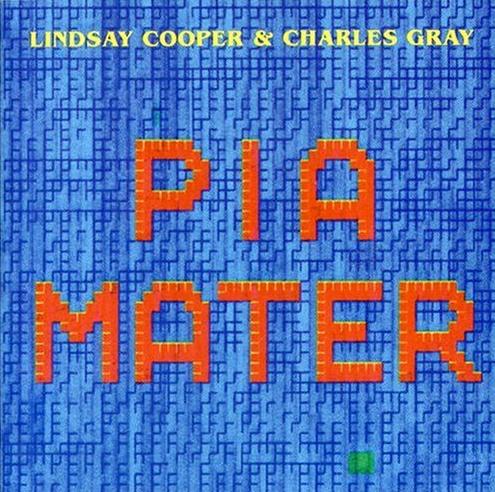
































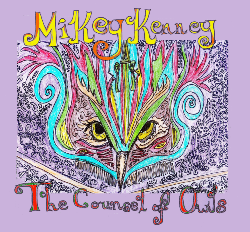



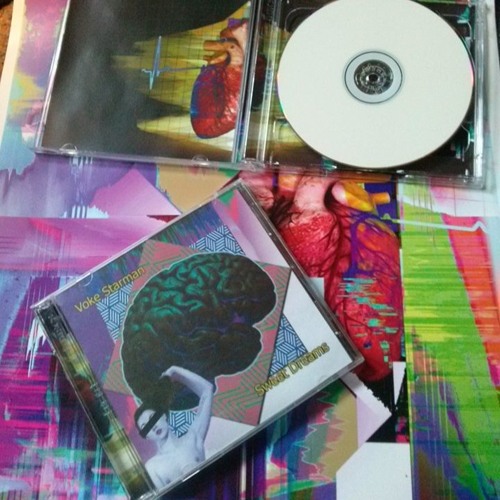



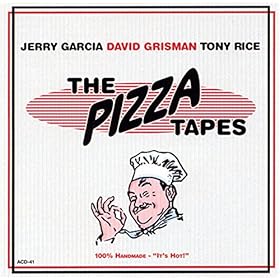

























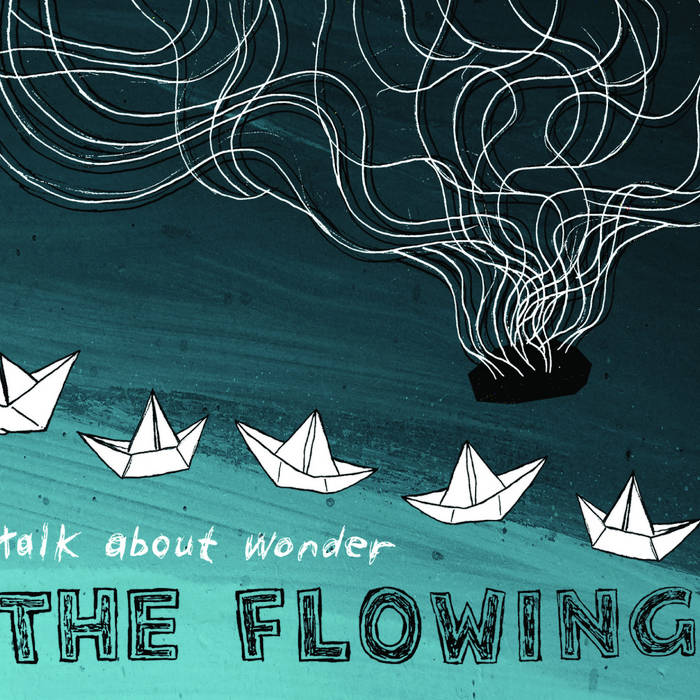












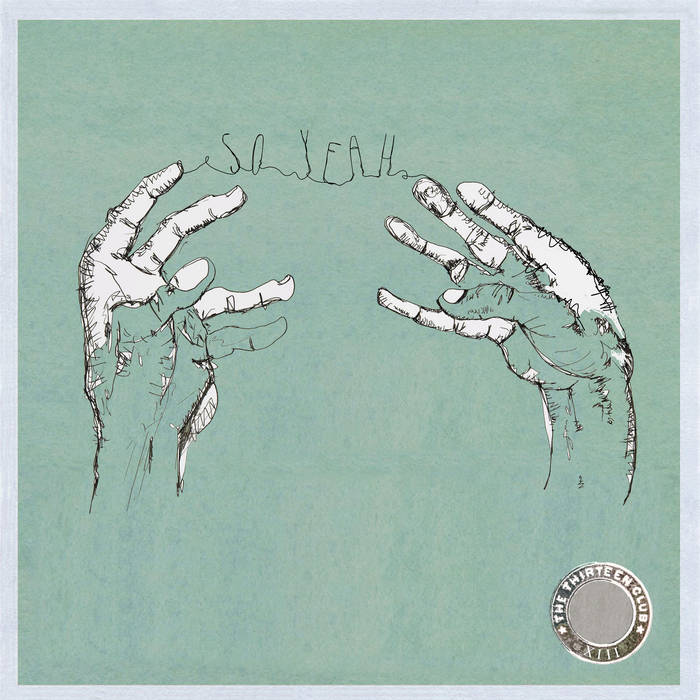







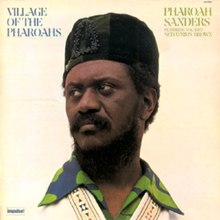











































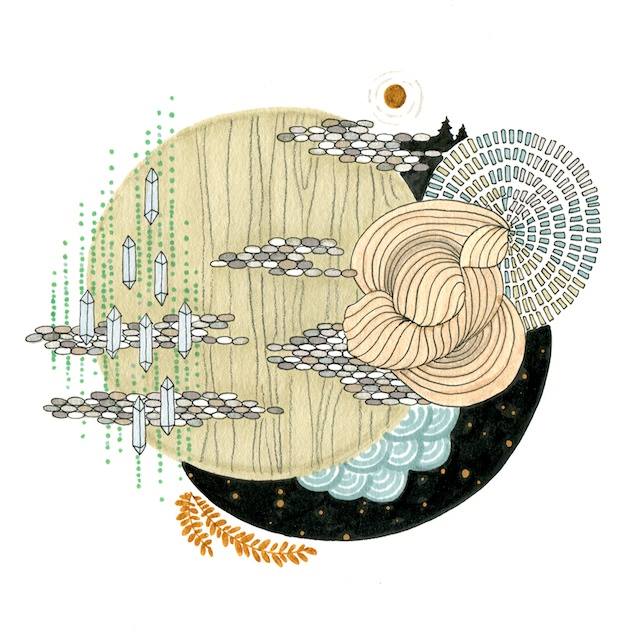





































































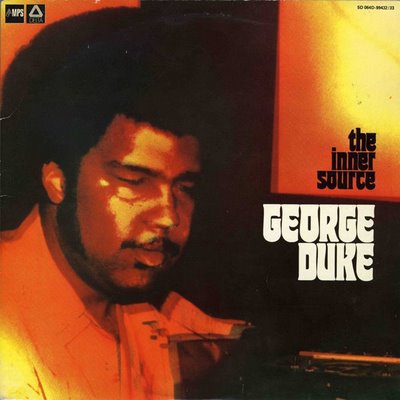












































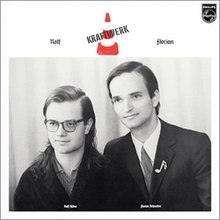


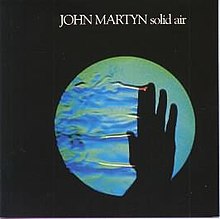



















































































































































































































































































































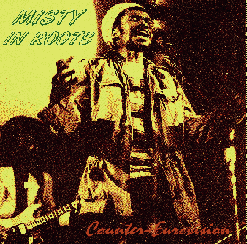





















































































































































































































































































































0 Comments:
Post a Comment
<< Home